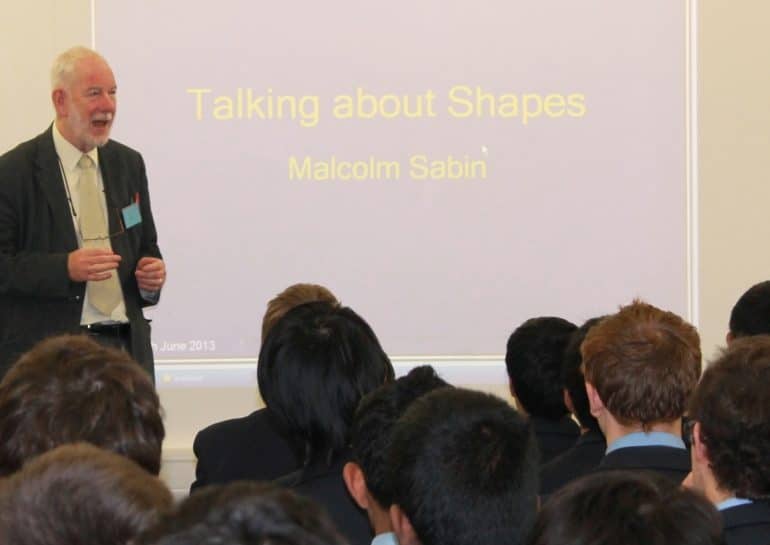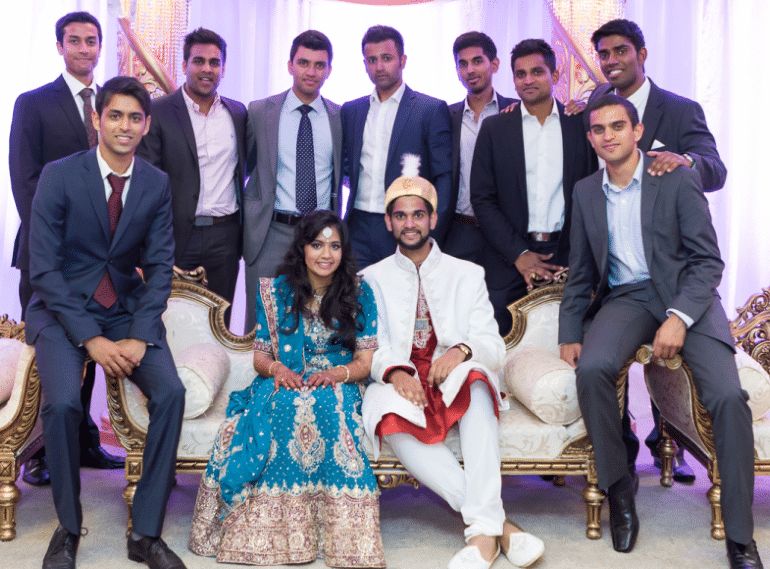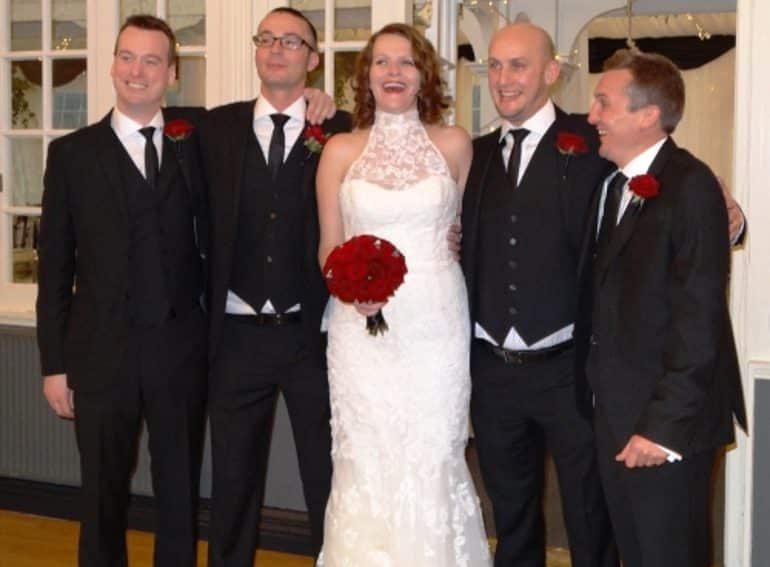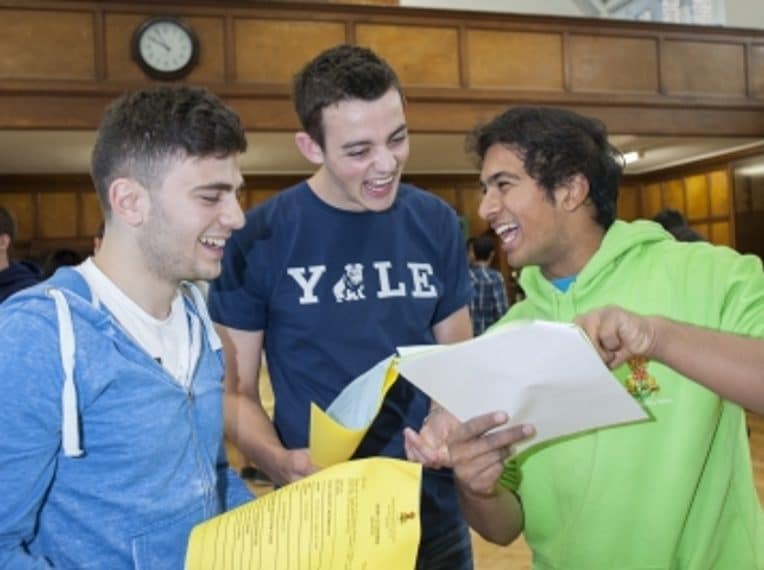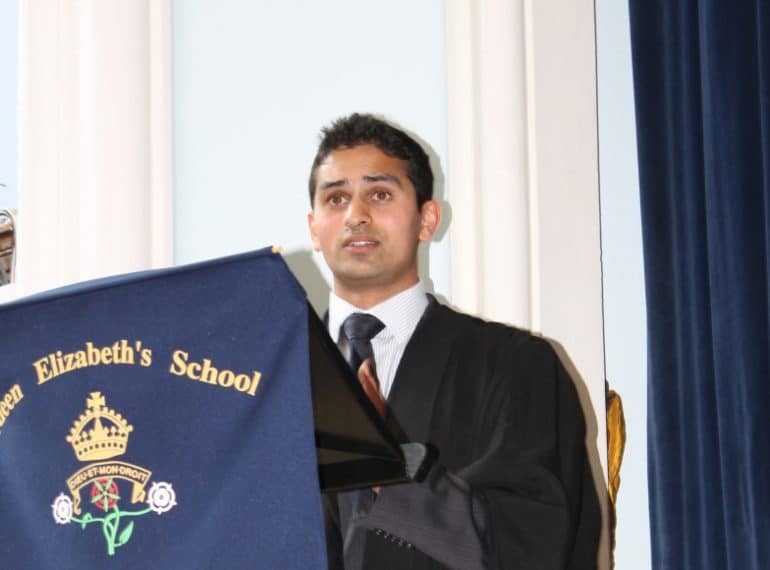
After making his mark at QE, Akhil Shah, this year’s Guest of Honour at the School’s Junior Awards, has gone on to a glittering record of academic achievement.
Akhil (OE2002-09) gained a Double First in Economics from Selwyn College, Cambridge, in 2012 and was awarded the Patrick Cross Prize by the college for exceptional achievement in the Economics Tripos. In 2011, he won the PricewaterhouseCoopers Prize in Economics for best overall performance in Part 2A of the Tripos.
At QE, he secured 13 A* GCSEs, four A-levels at grade A (the highest grade available at that time) and a distinction in the Advanced Extension Award in Economics. He remembers his time there with gratitude: “I certainly have Mr Price’s A-level Maths lessons to thank for my Double First.” Alongside his studies he won a gold certificate in the Senior UKMT Maths Challenge and participated in the British Mathematical Olympiad. Akhil also passed Grade 6 Acting with Distinction and Grade 7 Violin.
Since going to university, he has played tennis and rowed, as well as raising £25,000 in a telephone fundraising campaign for the college.
Akhil started work last September at the Royal Bank of Scotland in Corporate & Institutional Banking on an 18-month graduate programme. “I do hope to use the skills and experience I pick up along the way to make some sort of difference in the world,” Akhil says.
Akhil addressed prize-winners from Years 7-9 and their parents at the Junior Awards Ceremony. VIP guests included: the Mayor of Barnet, Councillor Melvin Cohen; Martin Russell, Deputy Lieutenant for the Borough of Barnet, and the Chairman of Governors, Barrie Martin (pictured with Akhil).
He identified three key ingredients for success and achievement: “I believe the first thing is to have a vision, the second is to work hard for it, and the last, and possibly the most challenging part, is to persevere through difficulties.”
Akhil told the boys that at their age, having a vision did not require a long-term plan: “When I was in your position I was thinking about which subjects I should study for GCSE which, despite Mr Enright’s best efforts, did not include Geography!”
He explained how a desire to study Economics at university led him to pick his A-levels and also to read widely around the subject to see how the subject related to real life. Prompted by a growing interest in Finance, he sought an internship with RBS before his final year of study at Cambridge. “Having a plan helped to focus my endeavours and actually made life a lot easier,” he said.
He alluded to Andy Murray’s long journey to ultimate success in winning the Wimbledon Men’s Singles Championship supported by his family and friends. “I think sticking with it when things get tough is the hardest thing to do. It can be hard to let go of your pride and ask someone else for help. However, make sure you let your family, your friends and your teachers support you as you face challenges, because you can’t do it alone.”
He concluded by saying: “Don’t worry if you’re not the best or don’t get 100%; regardless of your grades, it will be your attitude that differentiates you. So just have that vision and work diligently, with perseverance and with modesty, and you really can achieve something incredible.”

